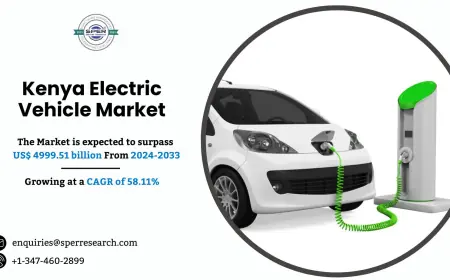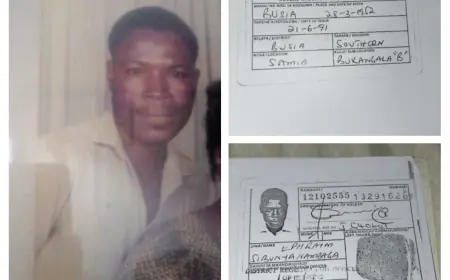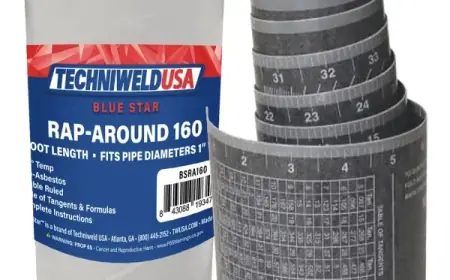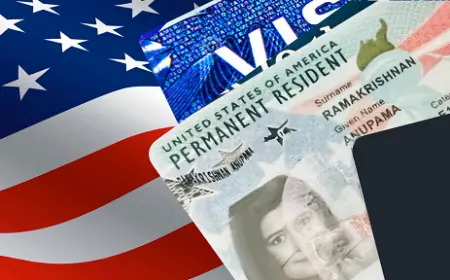EB1A Profile Building Mistakes That Can Delay Your Green Card
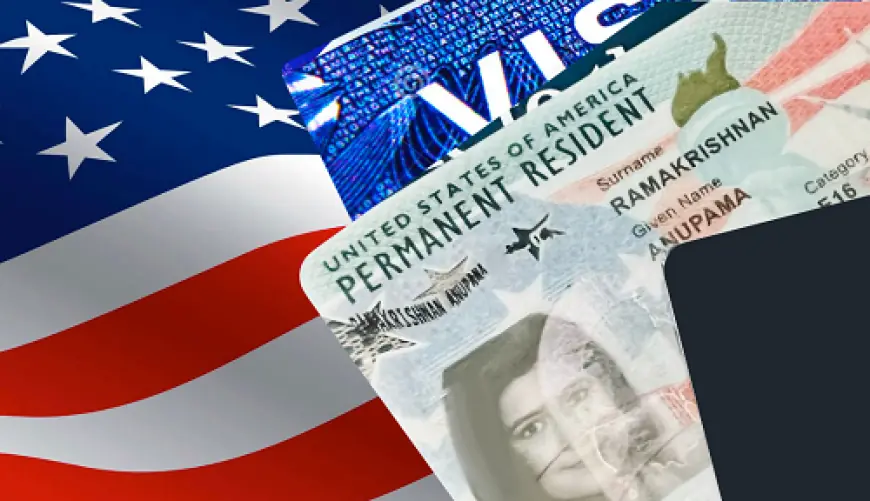
Applying for a U.S. green card under the EB1A category can be a life-changing opportunity for individuals with extraordinary ability in their field. However, the process is not as straightforward as it may seem. Many applicants face delays or denials due to avoidable mistakes during EB1A profile building. Understanding these pitfalls is crucial for ensuring a smoother approval process and achieving your goal without unnecessary setbacks.
One of the most common mistakes in EB1A profile building is not thoroughly documenting your achievements. The EB1A category requires evidence of extraordinary ability through awards, publications, media coverage, and significant contributions to your field. Many applicants underestimate the level of detail needed and submit incomplete or weak evidence. This can lead to requests for additional information from U.S. Citizenship and Immigration Services (USCIS), ultimately delaying your green card application. It’s essential to maintain a comprehensive record of your professional accomplishments from the very beginning of your career.
Another frequent error is misunderstanding the standards of “extraordinary ability.” The EB1A visa is not just about being skilled or competent; it requires demonstrating that you are among the top in your field. Applicants sometimes focus on achievements that, while notable, do not meet USCIS’s rigorous criteria. For instance, attending conferences or publishing in lesser-known journals may not carry sufficient weight unless supported by substantial citations or recognition. Proper EB1A profile building involves strategically highlighting accomplishments that clearly show national or international recognition.
A third mistake involves relying too heavily on letters of recommendation without careful selection. While reference letters are an important component of an EB1A petition, their effectiveness depends on the credibility and authority of the recommenders. Letters from unknown individuals or those who cannot adequately attest to your extraordinary achievements may weaken your application. It’s vital to obtain letters from respected experts in your field who can provide specific examples of your contributions and explain why your work stands out.
Overlooking the importance of a well-crafted personal statement or petition letter is another common pitfall. Many applicants focus solely on compiling evidence but fail to present a compelling narrative that ties all their achievements together. USCIS officers need to see a cohesive story that clearly explains how each accomplishment contributes to your extraordinary ability. A confusing or poorly structured petition can raise doubts and result in additional requests for clarification, slowing down the process.
Timing and consistency also play a crucial role in EB1A profile building. Some applicants rush to file their petition without sufficient documentation or wait too long, hoping their profile will improve naturally. Filing too early with an incomplete profile or too late without strategic planning can both result in delays. It’s important to evaluate your achievements objectively and ensure that your profile meets the EB1A criteria before submission. Consistent updates and careful planning can prevent unnecessary complications.
Another area where applicants often falter is exaggerating accomplishments. While it’s tempting to embellish your achievements to strengthen your profile, USCIS officers are trained to detect inconsistencies and exaggerations. Misrepresentation can lead to denials and even future immigration issues. Honest, verifiable evidence presented in a clear and professional manner is far more effective than overstated claims.
Failing to seek professional guidance is yet another mistake that can hinder your EB1A journey. Immigration law is complex, and EB1A petitions require a strategic approach. While some applicants attempt to handle the process independently, professional guidance can help identify weaknesses in your profile, ensure compliance with USCIS standards, and present your case in the most favorable light. A knowledgeable attorney or consultant can also help anticipate potential challenges and address them proactively, reducing the risk of delays.
Many applicants also underestimate the role of impact in their field. USCIS looks for evidence that your work has made a significant difference beyond personal achievement. Simply having experience or a job title is not sufficient; you must show measurable impact, whether through citations, patents, media coverage, or recognition by peers. Without clear evidence of influence and contribution, even a well-documented profile may face scrutiny.
Finally, poor organization and presentation of your application materials can cause unnecessary delays. Submitting documents in a disorganized manner, failing to follow formatting guidelines, or providing unclear evidence can confuse USCIS officers. A well-organized, logically structured application demonstrates professionalism and makes it easier for reviewers to assess your qualifications efficiently. Taking the time to carefully organize your EB1A profile is a small investment that can save months in processing time.
In conclusion, EB1A profile building is a meticulous process that demands careful planning, accurate documentation, and strategic presentation. Avoiding common mistakes such as incomplete evidence, weak recommendation letters, exaggeration, poor organization, and lack of professional guidance can significantly reduce the risk of delays in obtaining your green card. By focusing on quality, impact, and clarity, applicants can present a compelling case that truly reflects their extraordinary ability. Remember, attention to detail and adherence to USCIS standards are the keys to a successful EB1A petition and a smooth path to U.S. permanent residency.
What's Your Reaction?
 Like
0
Like
0
 Dislike
0
Dislike
0
 Love
0
Love
0
 Funny
0
Funny
0
 Angry
0
Angry
0
 Sad
0
Sad
0
 Wow
0
Wow
0







